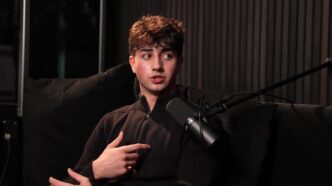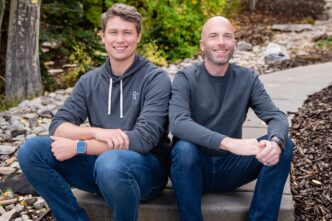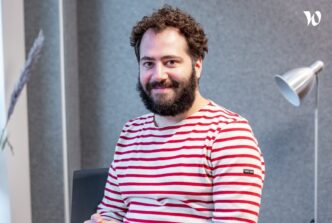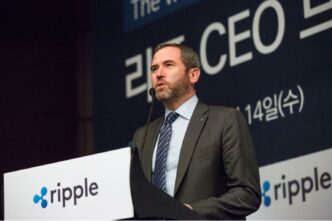Zach Yadegari, the 17-year-old co-founder of Cal AI, is sparking conversation across social media after sharing a deeply personal update. He was rejected by 15 of the 18 top colleges he applied to — despite a 4.0 GPA, a 34 ACT score, and what appears to be a multi-million-dollar startup under his belt.
The story, which quickly went viral on X (formerly Twitter). Offers a rare glimpse into how elite college admissions weigh traditional academic performance against unconventional success. For Yadegari, the experience has been both humbling and revealing.
Best known for co-founding Cal AI, a viral AI-powered calorie-tracking app. Yadegari says the company is now on a $30 million annual recurring revenue trajectory. While those revenue numbers haven’t been independently verified, Cal AI has over 1 million downloads and tens of thousands of glowing reviews across app stores — a clear sign of traction. Even more impressive? This was Yadegari’s second act. He says he previously sold a web gaming company for $100,000.
By all accounts, he fits the mold of a tech prodigy. So what went wrong?
According to Yadegari, it came down to his college essay — one that many readers online found polarizing. In the essay, he candidly reflected on how he never planned to go to college at all. After spending a summer in a hacker house in San Francisco building Cal AI’s prototype, he felt certain that traditional education didn’t fit his path. Surrounded by mentors and VCs, he leaned into the archetype of the dropout founder — until something shifted.
“In my rejection of the collegiate path, I had unwittingly bound myself to another framework of expectations: the archetypal dropout founder,” he wrote in the essay, which he posted in full on X. “Instead of schoolteachers, it was VCs and mentors steering me toward a direction that was still not my own.”
Eventually, he came to see college not as a detour but as a tool to “elevate the work [he] has always done” and learn from people — not just tutorials and textbooks. His essay closed with a heartfelt desire to grow within a community and make a lasting, positive impact.
Despite that epiphany, it wasn’t enough. Yadegari was turned away by Stanford, Harvard, MIT, Columbia, Princeton, Cornell, Duke, and other elite institutions. He was, however, accepted by Georgia Tech, University of Texas, and University of Miami — strong schools in their own right.
His post on X struck a nerve, racking up over 22 million views, 2,700+ retweets, and more than 3,600 comments. Opinions were split. Some said the essay came off as arrogant — too focused on past achievements and not enough on a hunger for learning. Others saw it as brutally honest and blamed the system itself for not rewarding entrepreneurial spirit and authenticity.
A few commenters offered a more nuanced take, noting that college admissions officers are looking for students who seem eager to learn, thrive in an academic environment, and stick with the program. Yadegari’s essay, they argued, read more like a reluctant compromise than a heartfelt pursuit of education.
Even startup legend Garry Tan, CEO of Y Combinator, chimed in with his own story of rejection. “I rewrote my essays after reading Ayn Rand’s ‘The Fountainhead’ — big mistake,” Tan shared, though he eventually got into Stanford.
Yadegari reflected on the experience. “It was interesting to see many different perspectives, but ultimately, I’ll never know exactly why I was turned down,” he said. “At the end of the day, when I wrote my essay, I hoped admissions offices would perceive me as authentic — because that’s all I ever want to be.”
He also said the entire experience has led to deeper self-reflection. “Business success isn’t the greatest achievement of my 17-year-old life,” Yadegari said. “I’ve realized that life is not just about financial success. It’s about relationships, and being part of a larger community.”
While the final decision on college is still up in the air, Yadegari’s post sparked a broader debate about how we measure merit, success, and purpose — especially in a world where young founders can build real companies before they’ve even graduated high school.













